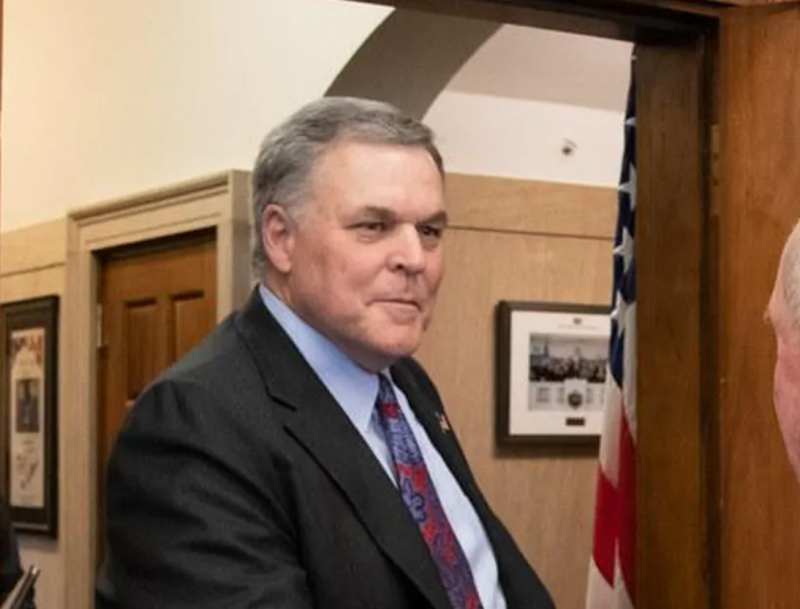New Study Reveals Massive Tax Evasion By Wealthiest Americans



A new study has found that the wealthiest one percent of Americans are dodging payment of taxes at a much higher rate than prior research had revealed.
According to the Wall Street Journal , the study , conducted by a team of Internal Revenue Service and academic researchers and economists for a working paper published by the National Bureau of Economic Research, found that the richest one percent of households fail to disclose to the IRS a full 21 percent of their income.
The researchers concluded that the amount of unreported income for the top 0.1% might be as much as twice as high as earlier research had indicated.
The study also uncovered that six of the 21 percentage points were attributable to the use of elaborate techniques to avoid detection, ones that a typical IRS audit might not catch. These include pass-through businesses, through which income is siphoned directly into the business owner's personal accounts and not taxed at the corporate rate, and earnings held in offshore accounts, which an IRS audit only detects about 7% of the time.
The researchers wrote , "From a policy perspective, our results highlight that there is substantial evasion at the top which requires administrative resources to detect and deter. We estimate that 36 percent of federal income taxes unpaid are owed by the top one percent and that collecting all unpaid federal income tax from this group would increase federal revenues by about $175 billion annually."
These patterns were already detectable 20 years ago when the National Tax Journal published a report called "The Distribution of Income Tax Noncompliance." That 2010 report contained the results of analysis of data for the 2001 tax year and showed that although households in the top income bracket accounted for only 44 percent of earned income in 2001, they accounted for 61 percent of income tax evasion.
Conversely, in 2001 the bottom 50 percent of earners represented 14 percent of earned income nationally — but only 12 percent of tax evasion. Despite this discrepancy, a 2019 ProPublica report noted that low-income Americans were still being audited at the same rate as the highest earners.
And Republican tax policy has continued to prop up the wealthiest one percent of Americans, giving them tax cuts and special tax benefits. The Center for American Progress has noted that while today the top marginal tax rate is around 37 percent, that's a steep drop from rates during much of the first four decades after the introduction of the income tax in 1913, when it often rose above 70 percent, hitting 94 percent during World War II and staying at 91 percent for most of the 1950s and early 1960s.
And the Tax Cuts and Jobs Act of 2017, signed into law by Donald Trump, disproportionately benefited wealthy individuals and corporations with enormous tax cuts . The act neither increased worker wages nor helped low-income communities, according to the Economic Policy Institute.
Connie Razza, the Center for Popular Democracy's chief of campaigns and policy, has called the 2017 tax law a scam.
"We have to call Trump's tax plan for what it is, a scam," she said in an Economic Policy Institute press release. "He sold this as a benefit to working people, but the report shows clearly that it only caters to the super-wealthy, historically white, corporate class."
And recently, Republicans have slammed reports of a new tax policy proposed by Biden that would raise taxes on the very wealthy and corporations in order to reduce income inequity and aid post-pandemic economic recovery.
"Democrats said they wouldn't raise taxes," the official account for GOP members of the House Ways and Means Committee tweeted last week. "They didn't keep their promise. Biden is planning to slap American workers and families with the largest tax increase since 1993."
But the economists who produced the National Bureau of Economic Research working paper say rich Americans are withholding too much of their wealth from the IRS.
Daniel Reck of the London School of Economics, the lead author of the study, told the Wall Street Journal , "There is more revenue than you might have thought at the very top. What's needed is a broader strategy that involves increased scrutiny of pass-through businesses [and] investments in the comprehensive audits that the IRS does in its global high-wealth program."
Charles Rettig, the IRS commissioner, was in agreement last week when he said in testimony before the House Ways and Means Oversight Subcommittee that funding to implement such a strategy was needed.
"It is not just a body count of how many people we have in enforcement," he noted, adding that to investigate tax evasion by the wealthy, "We need to have specialized agents."
Congress, too, is making efforts to hold the rich accountable for tax evasion or avoidance.
Last month, Rep. Ro Khanna (D-CA) introduced the Stop Corporations and Higher Earners from Avoiding Taxes and Enforce Rules Strictly Act, or Stop CHEATERS Act, which would $100 billion to the IRS specifically to improve auditing and collection of taxes owed by people and corporations in the top 1% of earners.
"We know our tax system is broken, and it's long past time we start fixing it," Khanna said in a statement. "Wall Street has been able to act like high rolling gamblers with almost zero consequences for far too long. Right now, the wealthiest one percent are responsible for roughly 70 percent of the 'tax gap'—the difference between taxes owed and taxes paid. It's time every American pay their fair share."



